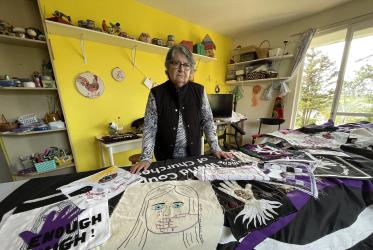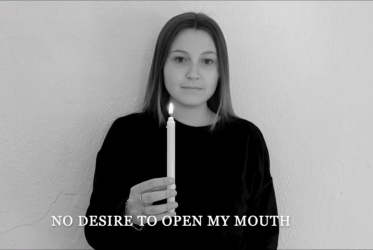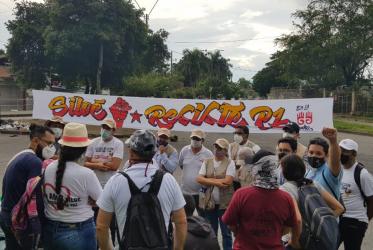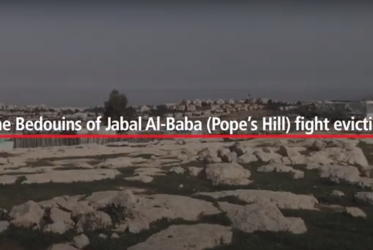Displaying 1 - 20 of 31
17 April 2024
As Bethlehem prepares for Christmas, ‘it’s all about community’
08 December 2022
Promoting human dignity through art
06 September 2022
Women in Argentina walk in solidarity with women of Afghanistan
23 September 2021



















